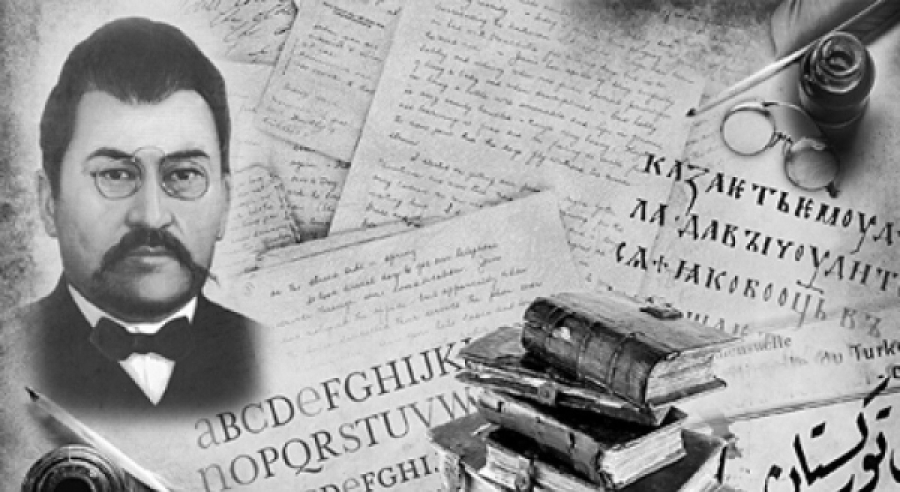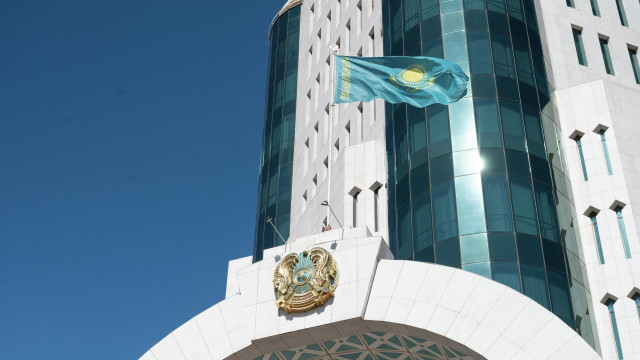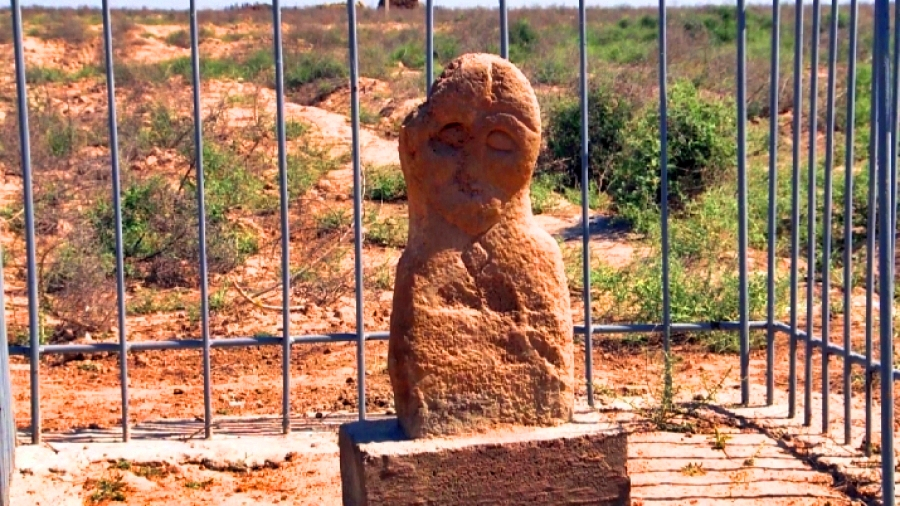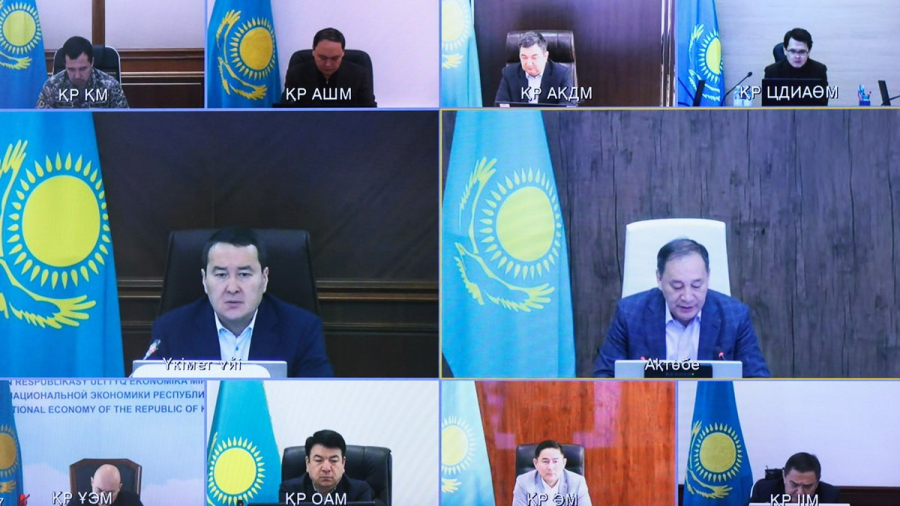150th anniversary of Akhmet Baitursynuly marked at UNESCO Headquarters

The celebration of the 150th anniversary of the founder of Kazakh linguistics and literary studies Akhmet Baitursynuly is well underway abroad. One of the events took place at the UNESCO Headquarters in Paris. The eminent figures of Kazakh culture, domestic and foreign scientists and researchers noted that the Kazakh history is not the only field where one of the Alash Party founders made contribution to.
“That shows the importance that UNESCO attach to Kazakhstan. And, also to this great person, which is Akhmet Baitursynuly. So, I realize that he is an icon of the Kazakh language and culture,” Xing Qu, UNESCO Deputy Director-General, said.
“Akhmet Baitursynuly created such an alphabet, which made it possible for Kazakh children to learn reading and writing in a short time. The script allowed for increasing literacy rate of the population. One can hardly imagine such a precedent in the history of mankind back when there was neither Internet nor technology,” Anar Fazylzhan, director of Akhmet Baitursynuly Institute of Linguistics, said.
The scientists call the anniversary of Akhmet Baitursynuly marked under the auspices of UNESCO an important page for the entire Turkic world. The Alash legacy is studied in different countries, and therefore a presentation of his book published in English has become the highlight for Turkologists.
“The primary duty for the Turkic peoples, Turkey and the entire Turkic world is to translate the works of Alash leaders and Alash aristocracy into all Turkic languages, as well as French and English. The dream of Magzhan Zhumabayev was to instill in young people love to Kazakh language, literature, and the works of Alash leaders. This duty must be fulfilled,” Hulya Kasapoglu Cengel, professor at the Ankara Haci Bayram Veli University, said.
The works of Akhmet Baitursynuly remain relevant even a century later. He always insisted that peoples of high culture are more likely to survive, promoting the values and principles that UNESCO presents today.









